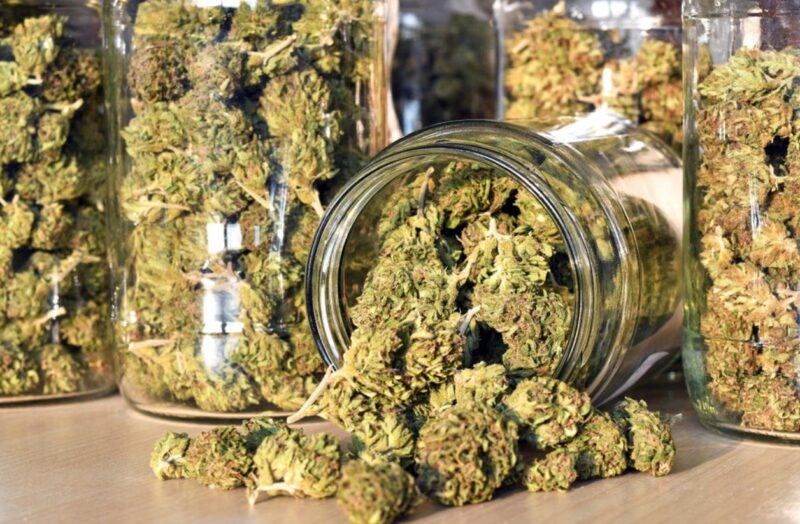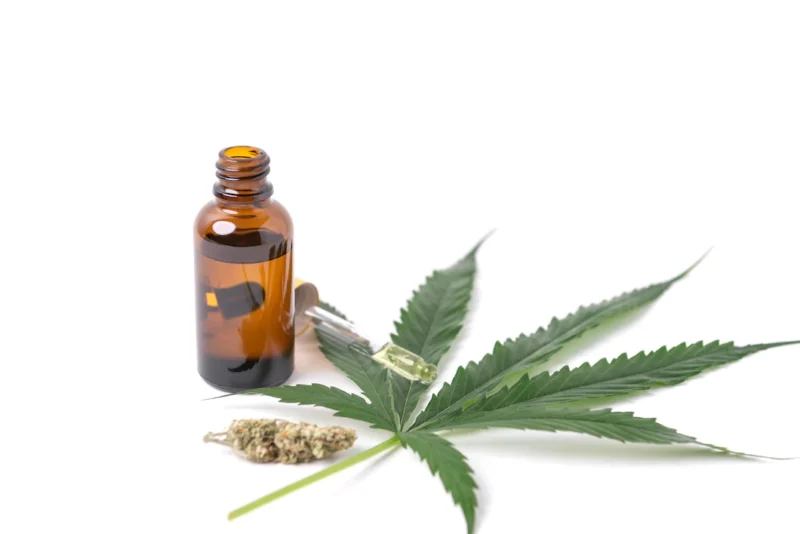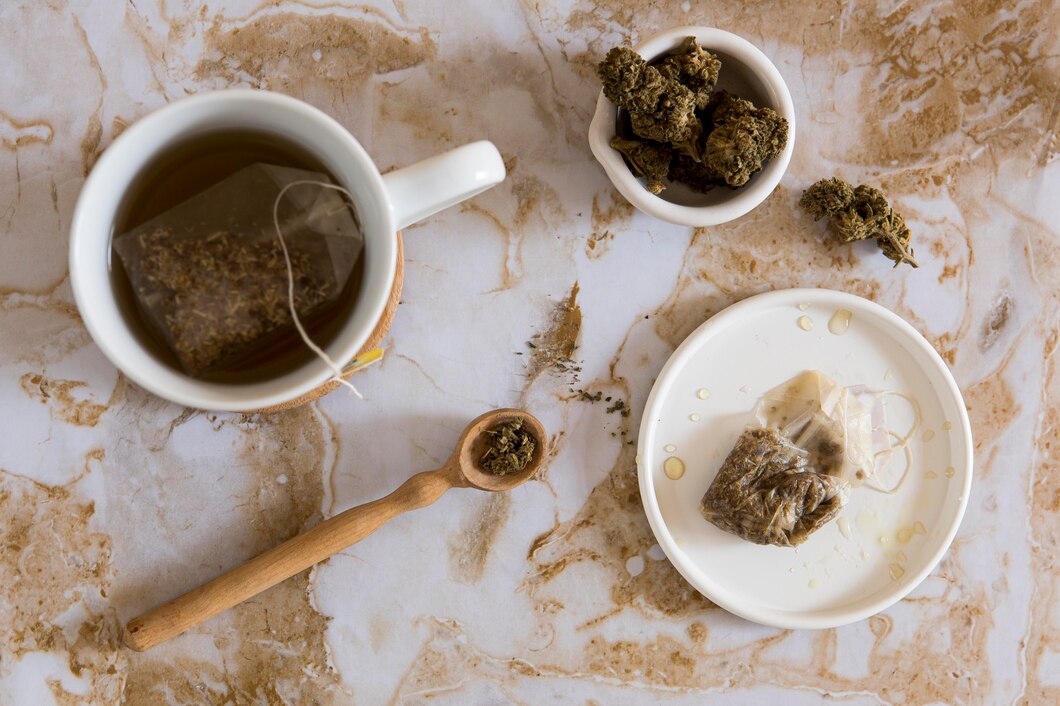Sleep is essential for both our physical and mental health. Unfortunately, many people are struggling to get enough sleep nowadays because of the demands of work and life. If you’re tired all the time and can’t seem to get your hands on enough Zs, there may be a solution for you: cannabis. According to recent studies, cannabis may be able to help improve sleep patterns in both humans and animals. In fact, some even believe that it could be used as a natural sleep aid.
What is cannabis?

Cannabis is a psychoactive plant that has been used for centuries as a medicine. It’s most commonly known for its use as a recreational drug, but it can also be used to help people sleep. Scientists are still working to understand all of the possible benefits and drawbacks of this plant’s use, but there is some evidence that it can be helpful for people with insomnia.
There are many different types of cannabis, each with its own set of benefits. Here are five of the most common types: indica, sativa, hybrid, CBD, and THC.
Indica strains are known for their relaxing effects and are often used to treat anxiety and insomnia. Sativa strains are known for their energizing effects and are often used to treat chronic pain and stress. Hybrid strains combine elements of both indica and Sativa plants and can offer a balanced experience between the two. CBD is a type of cannabis that doesn’t produce psychoactive effects and is often used to treat medical conditions such as anxiety, depression, seizures, and chronic pain. THC is the most well-known type of cannabis and is responsible for the “high” experienced when smoking or vaping marijuana.
One study found that people who used it before bed were more likely to have better sleep quality than those who didn’t. The study participants who used the plant reported feeling less anxious and more relaxed before bedtime. They also said that they slept longer than the participants who didn’t use it. If you want to try it, order some at Dankhub
Other studies have shown that cannabis can help reduce anxiety and improve sleep in people with PTSD and other anxiety disorders. Additionally, it has been shown to help improve symptoms of depression in some people. However, there are also some potential risks associated with using cannabis for sleep purposes. For example, smoking marijuana can increase the risk of lung cancer, and using high-cannabis strains can increase the risk of experiencing dizziness or hallucinations. It’s important to consult with a doctor before using it to treat insomnia or any other condition.
What cannabinoids are in different strains?

Cannabinoids are chemical compounds that give cannabis its unique smell and flavor. There are over 60 different cannabinoids, but only a few of these have been studied in detail for their effects on sleep. Most research on cannabinoids has focused on THC, CBD, and other cannabinoids that interact with the endocannabinoid system (ECS).
One cannabinoid that has been studied extensively for its effects on sleep is CBC (cannabichromene). In preliminary research, CBC was found to be effective at treating insomnia and reducing anxiety. Additionally, it was shown to improve sleep quality and decrease REM noise disturbance. CBC appears to work by activating the ECS and modulating neurotransmitter levels.
Other cannabinoids that have been shown to affect sleep include CBG (cannabigeminal), D9-THC (delta-9-tetrahydrocannabinol), and THCV (thcvaricin). CBG has been shown to increase total sleep time and improve sleep quality in rats. D9-THC has also been shown to improve sleep quality in humans by reducing anxiety and promoting relaxation. THCV has been shown to promote relaxation and reduce anxiety in human volunteers.
Ways to use cannabis before bed

There are many ways to use cannabis before bed, depending on what works best for you.
Some people prefer to vaporize or smoke cannabis before bed, while others may find that using a topical oil or tincture is more effective. Here are some tips for using cannabis as a sleep aid:
1. Choose the right method of consumption. Smoking cannabis before bed can help increase anxiety and stress levels, so it’s important to choose a method of consumption that will work well for you. Vaporizing is the most popular way to use it before bed because it doesn’t produce any smoke or smell.
2. Start with small doses. When first trying out cannabis before bed, start with lower doses to assess how you feel. If you find that you’re not feeling anxious or stressed after consuming small amounts of cannabis, then increase your dose gradually until you find a dose that works well for you.
3. Consume slowly and cautiously. While vaping or smoking cannabis before bed can help decrease anxiety and stress levels, it’s important to take things slow and cautious in order to avoid over-stimulation. It’s also important not to consume large amounts at once since this can lead to an intense high that might disrupt your sleep cycle.
What if you don’t want to smoke it?

If you don’t want to smoke cannabis to sleep, there are a few other methods you can try.
Some people swear by drinking Chamomile tea before bed, while others find that cannabis oil or capsules work the best for them. It’s important to make sure you find a strain that works well for you. Some people prefer indica strains while others prefer Sativa strains. You also want to make sure the dosage is appropriate for you; some people take anywhere from 1-5 drops of tincture per night while others take upwards of 10-15 drops. And finally, make sure to keep track of how long it’s taking for the cannabis to start working; sometimes it can take up to 30 minutes for the effects to kick in.
Side effects of cannabis as a sleep aid

There are some potential side effects associated with using cannabis as a sleep aid. First and foremost, using it can increase anxiety and stress levels. Second, it can increase the risk of developing a dependency on the drug. Finally, the use of cannabis may also lead to changes in sleeping patterns that may not be desirable for some individuals. If you’re considering using it as a sleep aid, it’s important to talk with your doctor first to ensure that it’s safe for you and doesn’t have any negative side effects.
Conclusion
A lot of people turn to cannabis as a sleep aid, believing that it will help them get a good night’s sleep. While it is known to be effective in treating certain medical conditions, using it as a sleep aid is not one of them. Cannabis can actually make it easier for you to fall asleep, but make it harder for you to wake up the next morning. If you’re looking for an alternative way to treat your insomnia, invest time in researching natural remedies or seek out support from a trusted therapist.












